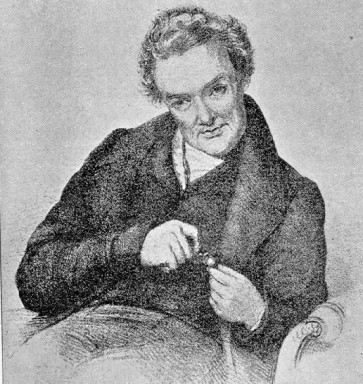| Humanitarian
reforms brought about by Christian political activists in England. |
 |
|
William
Wilberforce worked to abolish
the slave trade in the British Empire
|
The slave
trade was deeply embedded in the economies of England, the Americas,
and much of Europe; many merchants, ship owners, bankers, and politicians
feared an economic collapse if the slave trade were abolished. But others,
particularly eyewitnesses of the slave trade, were so appalled that they
resolved to put a stop to it. Leading this crusade was William Wilberforce
(1759-1833), a Member of Parliament whose evangelical convictions made
him an exemplar of humanitarianism.
Wilberforce and a cadre of like-minded reformers worked tirelessly to
raise public awareness of the cruelties of the trade and to pressure Parliament
for reforms. After years of setbacks and defeats, the slave trade was
abolished in the British Empire in 1807. It took 26 more years of agitation
to abolish slavery within the British Empire. In the U.S., the movement
to end slavery, abolitionism,
also involved many Christian activists.
|